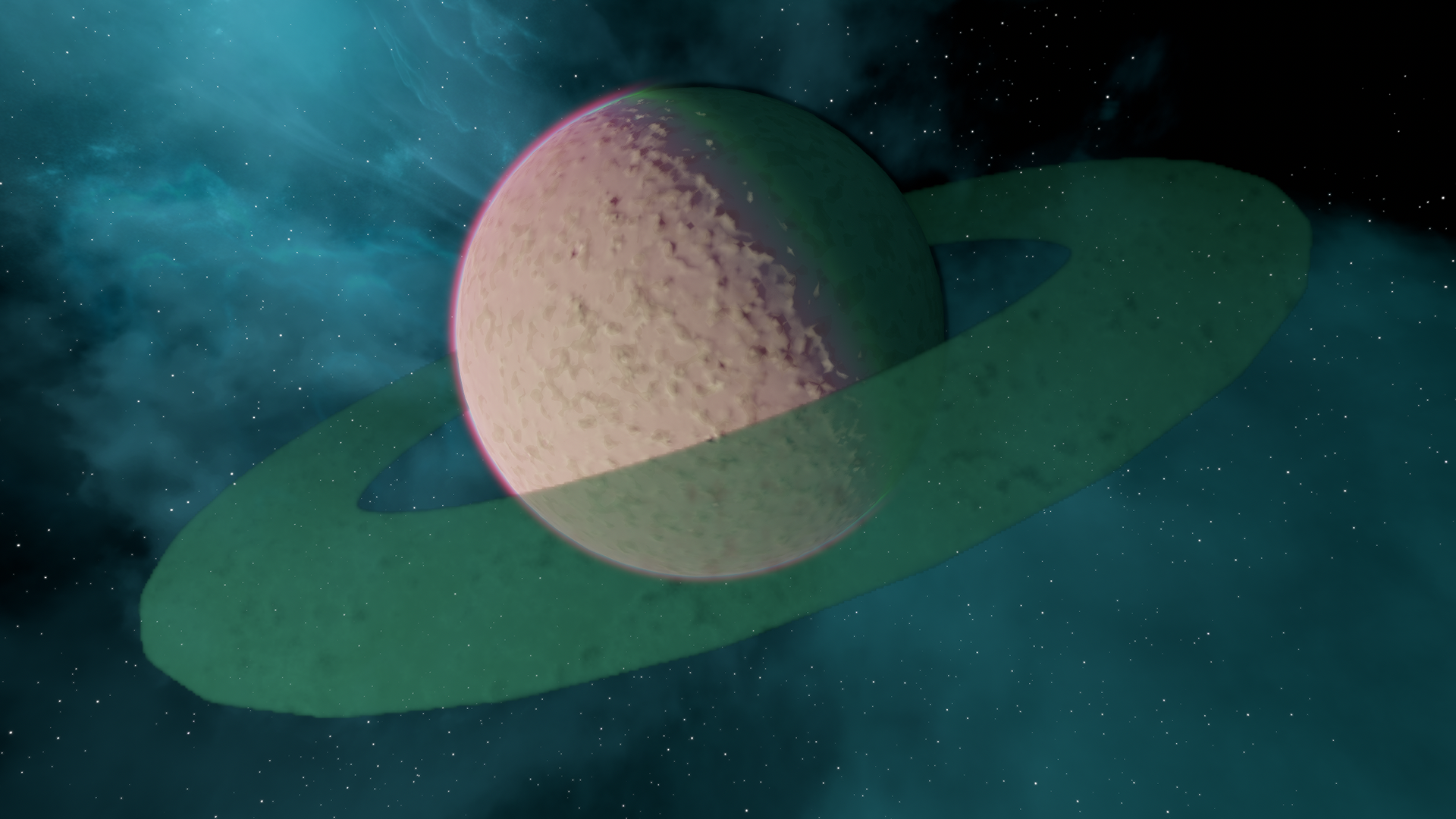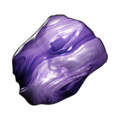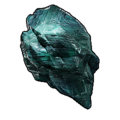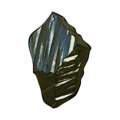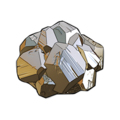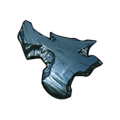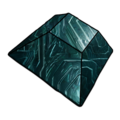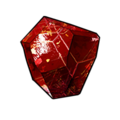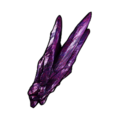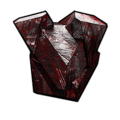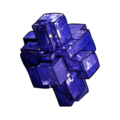Difference between revisions of "Makara"
m |
m |
||
| Line 64: | Line 64: | ||
'''Makara''' {{IPAc-en|ˈ|m|ə|.|k|ə|.|r|ə}} ([[wikipedia:Sanksrit_language|Sanskrit]]: मकर, [[wikipedia:Devanagari_transliteration|romanized]]: Makara) is a legendary sea-creature in [[wikipedia:Hindu_mythology|Hindu mythology]]. In Hindu astrology, Makara is equivalent to the [[wikipedia:Zodiac|Zodiac]] sign [[wikipedia:Capricorn_(astrology)|Capricorn]]. | '''Makara''' {{IPAc-en|ˈ|m|ə|.|k|ə|.|r|ə}} ([[wikipedia:Sanksrit_language|Sanskrit]]: मकर, [[wikipedia:Devanagari_transliteration|romanized]]: Makara) is a legendary sea-creature in [[wikipedia:Hindu_mythology|Hindu mythology]]. In Hindu astrology, Makara is equivalent to the [[wikipedia:Zodiac|Zodiac]] sign [[wikipedia:Capricorn_(astrology)|Capricorn]]. | ||
Makara appears as the [[wikipedia:Vahana|vahana]] (vehicle) of the river goddess [[wikipedia:Ganga_(goddess)|Ganga]], [[wikipedia:Narmada_River#Signifiance_in_Hinduism|Narmada]], and of the god of the ocean, [[wikipedia:Varuna|Varuna]] Makara are considered guardians of gateways and thresholds, protecting throne rooms as well as entryways to temples; it is the most commonly recurring creature in Hindu and Buddhist temple [[wikipedia:Hindu_temple_architecture|iconography]], and also frequently appears as a gargoyle or as a spout attached to a natural spring. | Makara appears as the [[wikipedia:Vahana|vahana]] (vehicle) of the river goddess [[wikipedia:Ganga_(goddess)|Ganga]], [[wikipedia:Narmada_River#Signifiance_in_Hinduism|Narmada]], and of the god of the ocean, [[wikipedia:Varuna|Varuna]]. Makara are considered guardians of gateways and thresholds, protecting throne rooms as well as entryways to temples; it is the most commonly recurring creature in Hindu and Buddhist temple [[wikipedia:Hindu_temple_architecture|iconography]], and also frequently appears as a gargoyle or as a spout attached to a natural spring. | ||
<!-- | <!-- | ||
'''Elysium''' ({{IPAc-en|ɪ|ˈ|l|ɪ|z|i|.|ə|m|,_|ɪ|ˈ|l|ɪ|ʒ|ə|m}}, otherwise known as the '''Elysian Fields''' ([[wikipedia:Ancient_Greek|Ancient Greek]]: Ἠλύσιον πεδίον, ''Ēlýsion pedíon'') or '''Elysian Plains''', is a conception of the [[wikipedia:afterlife|afterlife]] that developed over time and was maintained by some Greek religious and philosophical sects and cults. | '''Elysium''' ({{IPAc-en|ɪ|ˈ|l|ɪ|z|i|.|ə|m|,_|ɪ|ˈ|l|ɪ|ʒ|ə|m}}, otherwise known as the '''Elysian Fields''' ([[wikipedia:Ancient_Greek|Ancient Greek]]: Ἠλύσιον πεδίον, ''Ēlýsion pedíon'') or '''Elysian Plains''', is a conception of the [[wikipedia:afterlife|afterlife]] that developed over time and was maintained by some Greek religious and philosophical sects and cults. | ||
Revision as of 05:30, 27 June 2024
(Classical Sanskrit) - IPA(key)
A pink-ish gray moon dotted with many mountains and ridges, Makara is the second closest moon to its parent Eos, and was the first moon to be explored during the game's early closed alpha period. Its atmosphere is vividly pink and green, and is possessed of an asteroid belt which shares the same green color. It is currently the only moon with a city built on its surface.
History
An expedition organised by Hatman, member of Collective, succeeded in being the first Endoskeleton to reach this moon. Hatman named the moon Elysium, and its usage has persisted throughout the game's history.
Expedition
The moon had been an intended goal for many adventurous individuals. The Collective had been planning the trip with Hatman as the lead, and he designed the Moonshot as the first spacecraft specifically designed for an expedition to the moon during a week early in the closed alpha period. The operation was carried out in secret, with the only news being officially broadcast when Hatman went live on Twitch nine hours after the start of his journey. This was done to make sure he could not be pursued and/or attacked by other players wanting the stop him. The successful journey was actually the second attempt, as the first day's flight on May 17th was interrupted by server maintenance.
On the 20th of May, 2020, at around 10:45 Greenwich Mean Time, Hatman landed on Elysium. The voyage took voyage took forty-three hours, with an estimated two of those hours being used for refueling. The distance was approximated to be 20,000 km. Upon arrival a bug caused Hatman's rangefinders to fail in detecting the moon surface and automatically stop the ship. Due to the Hatman being away from his keyboard at the time and trusting the anti-collision system, the Moonshot crashed. Hatman and most of the ship survived and he was able to repurpose his ship in order to plant a Collective flag, and named the moon Elysium. This marked the first time an Endoskeleton reached any planetary surface, the first time a faction reached a moon, the first crash landing, and possibly the most famous bug report in the history of Starbase at the time.
Upon landing, Hatman made the famous remark: "One small crash for an endo. One giant leap for endokid. -kind. dammit."
Nomenclature
Makara /ˈmə.kə.rə/ (Sanskrit: मकर, romanized: Makara) is a legendary sea-creature in Hindu mythology. In Hindu astrology, Makara is equivalent to the Zodiac sign Capricorn.
Makara appears as the vahana (vehicle) of the river goddess Ganga, Narmada, and of the god of the ocean, Varuna. Makara are considered guardians of gateways and thresholds, protecting throne rooms as well as entryways to temples; it is the most commonly recurring creature in Hindu and Buddhist temple iconography, and also frequently appears as a gargoyle or as a spout attached to a natural spring.
